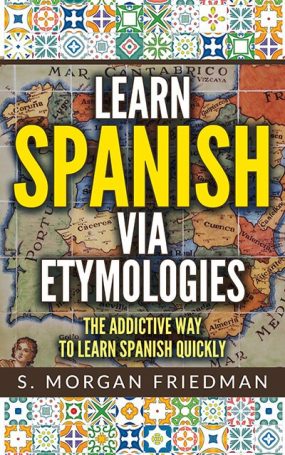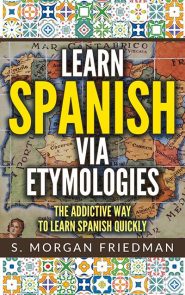The Spanish horno, for “oven,” sounds unrelated to any English counterpart.
But it is in fact a close cousin of furnace. Both come from the Latin formus, meaning “warn”.
How did such dissimilar words end up such close cousins?
Because most Latin words that began with an f- followed by a vowel ended up evolving in Spanish (alone among the romantic languages) into an h-. Thus the h-r-n of horno maps almost exactly to the f-r-n of furnace. In both cases, the original -m- evolved into an -n- in the root. But that is a very common transition too, with both sounds being very similar.



